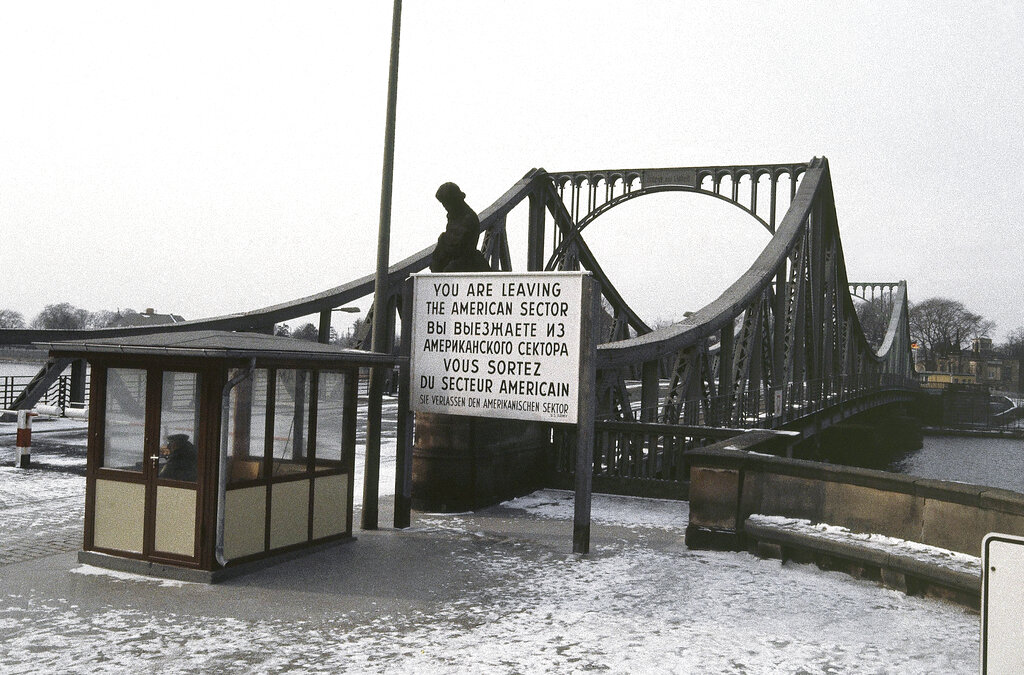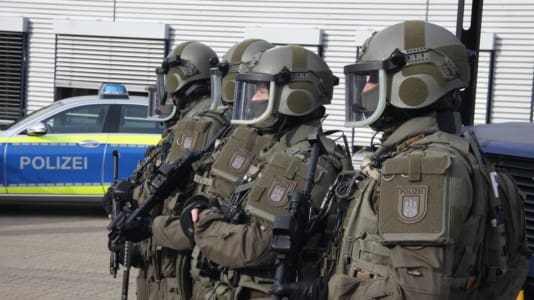The recent spy swap involving Russia and the United States, which also included Germany and took place in Turkey, quickly turned into a media sensation. This event stirred memories of the Cold War era, especially as Western media outlets were eager to illustrate their coverage with images of the infamous “Bridge of Spies” between Potsdam and Berlin, a site that served the U.S. and the Soviet Union as a covert exchange point for captured agents during the Cold War.
For many years, particularly since Russia’s invasion of Ukraine in February 2022, the notion of a new Cold War has resonated as the most vivid and historically recent metaphor to describe the ongoing conflict between Russia and the West. This analogy has also been used to describe the escalating rivalry between the USA and China. However, not everyone views the Cold War as an experience that should influence how we perceive threats today.
For the Baltic states, Poland, and Finland — traditionally threatened by Russia — the past analogies are rightly seen as an opportunity. They hope for greater Western engagement, new investments in security, and a stronger developmental impulse in response to taking threats seriously. The region is not seen as a grey zone but as a fortified and well-prepared line of defense designed to deter adversaries. However, it’s important to remember that not everyone in this region, once part of the Eastern Bloc and Soviet sphere of influence, shares these calculations. Countries like Hungary and Slovakia seem to be charting a different course.
These differences within the region itself suggest something more serious: Not everyone sees the Cold War as an experience that should influence how we view threats and formulate effective strategies today. It is worthwhile not to dismiss these differences too easily. The question is legitimate: To what extent do Cold War analogies help us accurately recognize threats and prepare for them, and to what extent do they trap us? Do they make us too predictable to our enemies? Do they doom us to repeat old mistakes or cling to unjustified hopes?
It’s worth considering the possibility that the modern world, although its conflicts often have roots in the Cold War era, is influenced by entirely new and different forces. The challenge now is to discern these forces and adapt our strategies accordingly, rather than falling back on outdated paradigms that may no longer serve us well. This nuanced understanding is essential for crafting policies that are truly effective in the contemporary geopolitical landscape.






